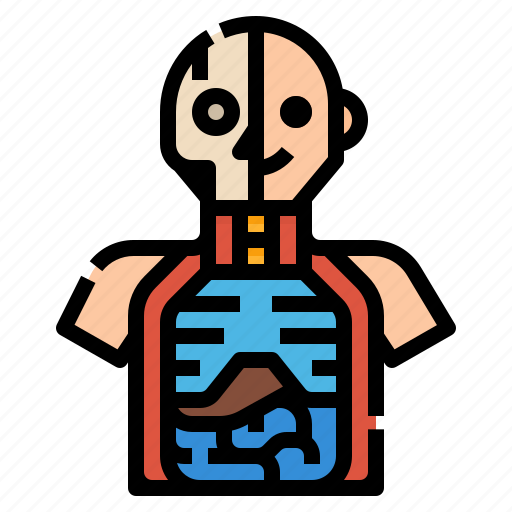There are two different sets of courses that can be taken in undergraduate level medicine. You can major in general medicine, which can be taken almost anywhere in your program, or you can choose a specific area of study. In most cases, students will choose either the medical school of their choice or an area of study such as pediatrics, cardiology, etc.
If you choose an area of study in undergraduate MBA programs, you will learn about the basic physiology of life processes such as blood clotting, digestion, respiration, and heart function. Physiologists play a crucial role in determining a person’s health. They can make diagnoses and prescribe treatment for various disorders. They also perform laboratory and imaging studies to determine how well a patient is responding to medication.
Certain areas of study require a lot more lab time than others. For example, you will be doing more labs on cardiac physiology, and they will usually run for several weeks. Many students will take a general chemistry lab, too, which is probably going to be the most popular labs among students.
Some of the best courses to take if you want to understand how to study physiology in 1st year MBBS programs are biochemistry, anatomy, cell and molecular biology, and molecular pharmacology. Each of these courses will present their own set of problems and they may be offered separately or in some cases you may have to take them in combination.
A typical biology lab in undergraduate MBBS programs is based around real life scenarios. One might start with an experiment where you have to give a solution to a simple biological problem by using a tiny amount of a solution to get some water out of your mouth and then the drop of water will get stuck on the inside of your gums. Once it’s stuck, you have to use a magnifying glass to remove it.
After you complete your biology lab, you will be required to create a diagram of the experiment. It will be based on a real problem that students might come across in medical school, so that they can be able to show others how to solve it when they need help. if they ever need it.
Students in the undergraduate MBBS programs of medicine that are looking to specialize in one area of research can choose to take classes in anatomy, cell and molecular biology, and so forth. You can learn how to conduct experiments and perform a number of laboratory and imaging studies to determine what these organisms are made of and how they behave, just like you would in a lab.
Some of the classes that students take when they are looking to understand how to study physiology in 1st year MBBS programs can also include courses that teach you how to do some basic clinical procedures. If you are ever going to have to deliver a paper in a medical setting, a part of this class will help you write a better paper, prepare you to take the exam to become a doctor, and to present yourself in the best possible light.
Students also will have the chance to take a course that teaches them about a wide variety of scientific methods that are used to study how to study physiology in 1st year MBBS programs. They will learn to make up charts and to track data, how to interpret lab tests, how to analyze data and chart the results, and how to create graphs.
Another class that can help you in understanding how to study physiology in 1st year MBBS programs is an elective course called Biostatistics. In this course, students will learn how to do calculations and how to interpret statistical information and how to make graphs from the data.
All of the courses you take while you are in undergraduate studies will help you understand the concepts that you have learned in the classes you took in the previous years and make it easier for you to make decisions about how to study physiology in 1st year MBBS programs. Some of the things that you will learn while in the courses you took may even apply in your future studies. If you have any questions, though, you can ask your instructor and they can assist you.


